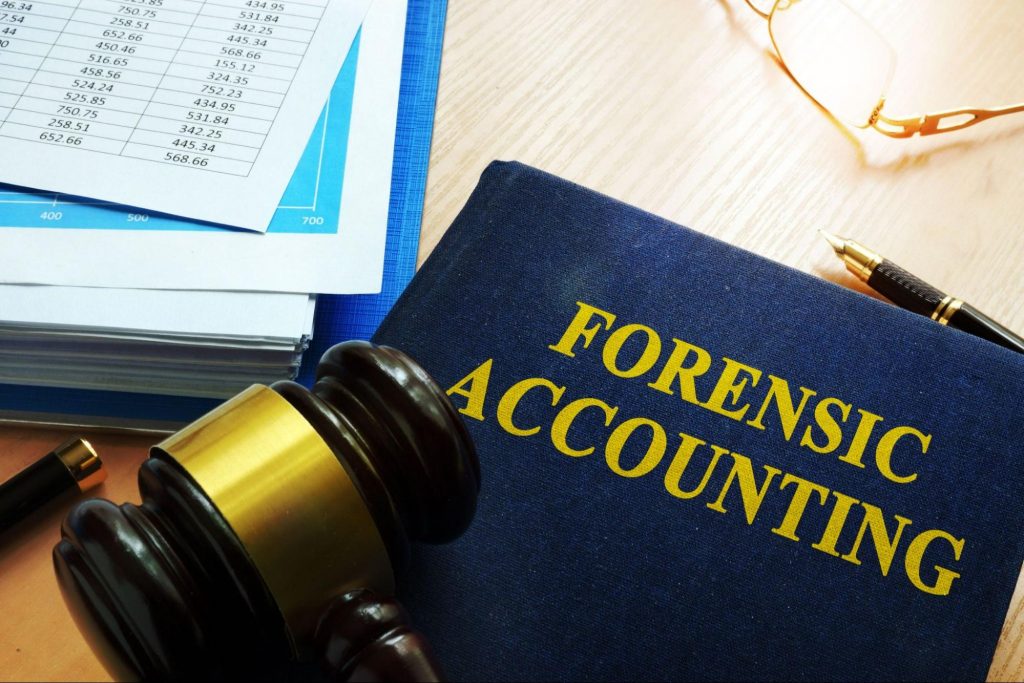
Forensic accounting, a niche yet rapidly growing field within the accounting profession, is often shrouded in mystery. The question that often arises is: what does forensic accounting do? This article aims to delve into the depths of forensic accounting, shedding light on its multifaceted roles, its significance in today's business landscape, and the future prospects of this intriguing profession.
Forensic accounting, at its core, is the application of accounting skills to legal issues. Forensic accountants are often referred to as financial detectives, given their role in investigating financial discrepancies and fraudulent activities. They combine their knowledge of accounting, auditing, finance, and law to investigate and interpret financial evidence, often in legal proceedings.
One of the primary roles of forensic accountants is fraud detection and prevention. They are skilled in identifying signs of financial irregularities that could indicate fraud, such as embezzlement, securities fraud, and various forms of white-collar crimes. They employ a variety of techniques, including data analysis, predictive modeling, and risk assessment, to detect fraudulent activities and help organizations implement measures to prevent future occurrences.
Forensic accountants also play a crucial role in litigation support. They assist in legal proceedings by providing an objective analysis of financial evidence, which can be used in court to support or dispute claims. This can involve quantifying damages in legal disputes, valuing business entities in mergers and acquisitions, or tracing assets in divorce proceedings.
In addition, forensic accountants are often involved in bankruptcy proceedings. They assess the financial health of companies, identify assets and liabilities, and provide insights into potential recovery strategies. They also investigate potential fraudulent transfers or preferential payments that may have occurred prior to bankruptcy.
The role of forensic accountants extends beyond these traditional areas. With the advent of technology and the increasing complexity of the business environment, forensic accountants are now involved in areas such as cybercrime investigations, anti-money laundering activities, and even counter-terrorism financing efforts.
The demand for forensic accountants is on the rise, driven by an increase in financial regulations, the growing complexity of the business environment, and the increasing prevalence of financial crimes. As such, the profession offers promising career prospects for those with the right skill set.
In conclusion, forensic accounting does much more than what meets the eye. It plays a pivotal role in maintaining financial integrity, supporting legal proceedings, and combating financial crimes. As the business landscape continues to evolve, the role of forensic accountants is set to become even more significant, making it a profession worth considering for those interested in a challenging and rewarding career.



